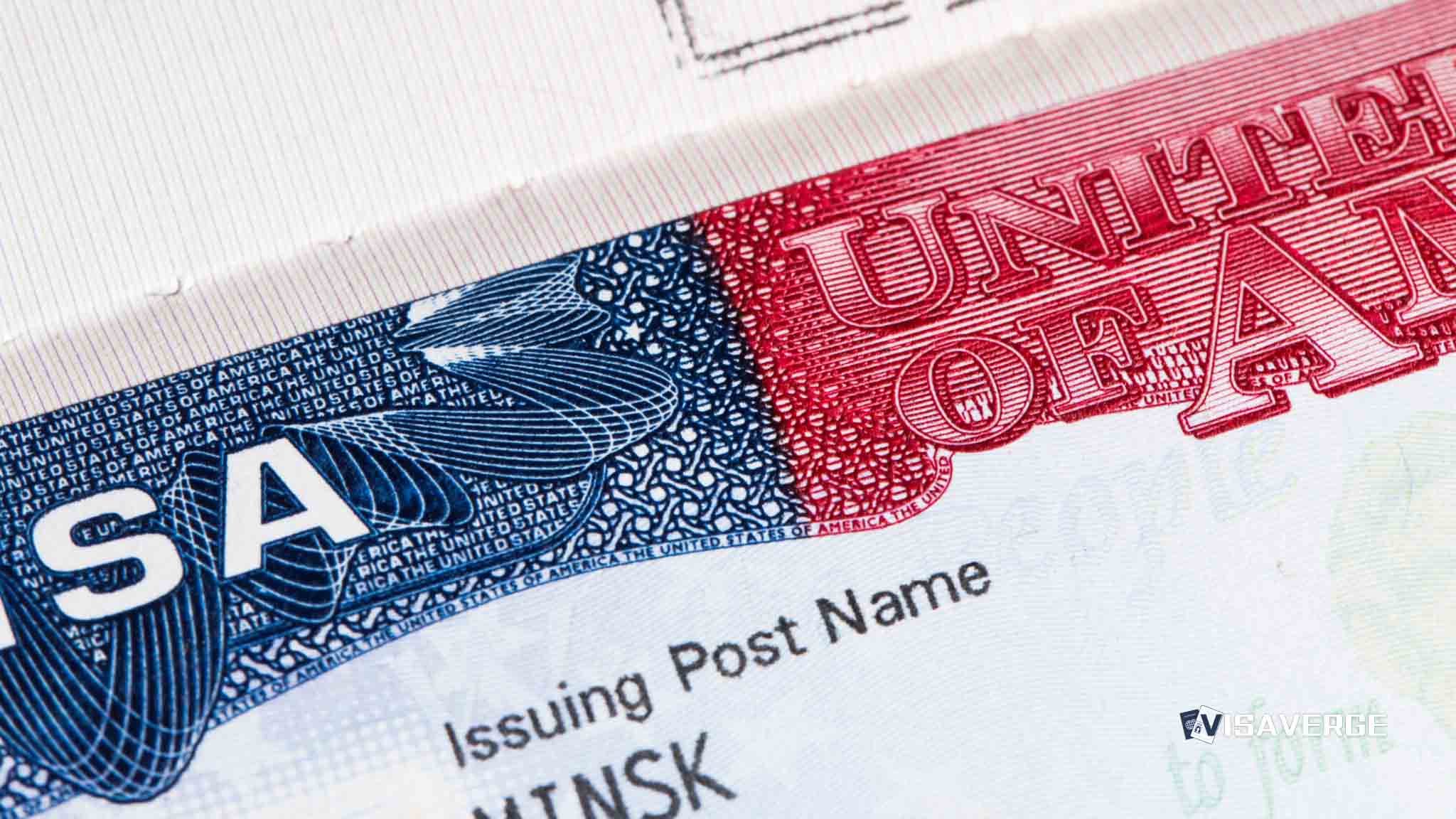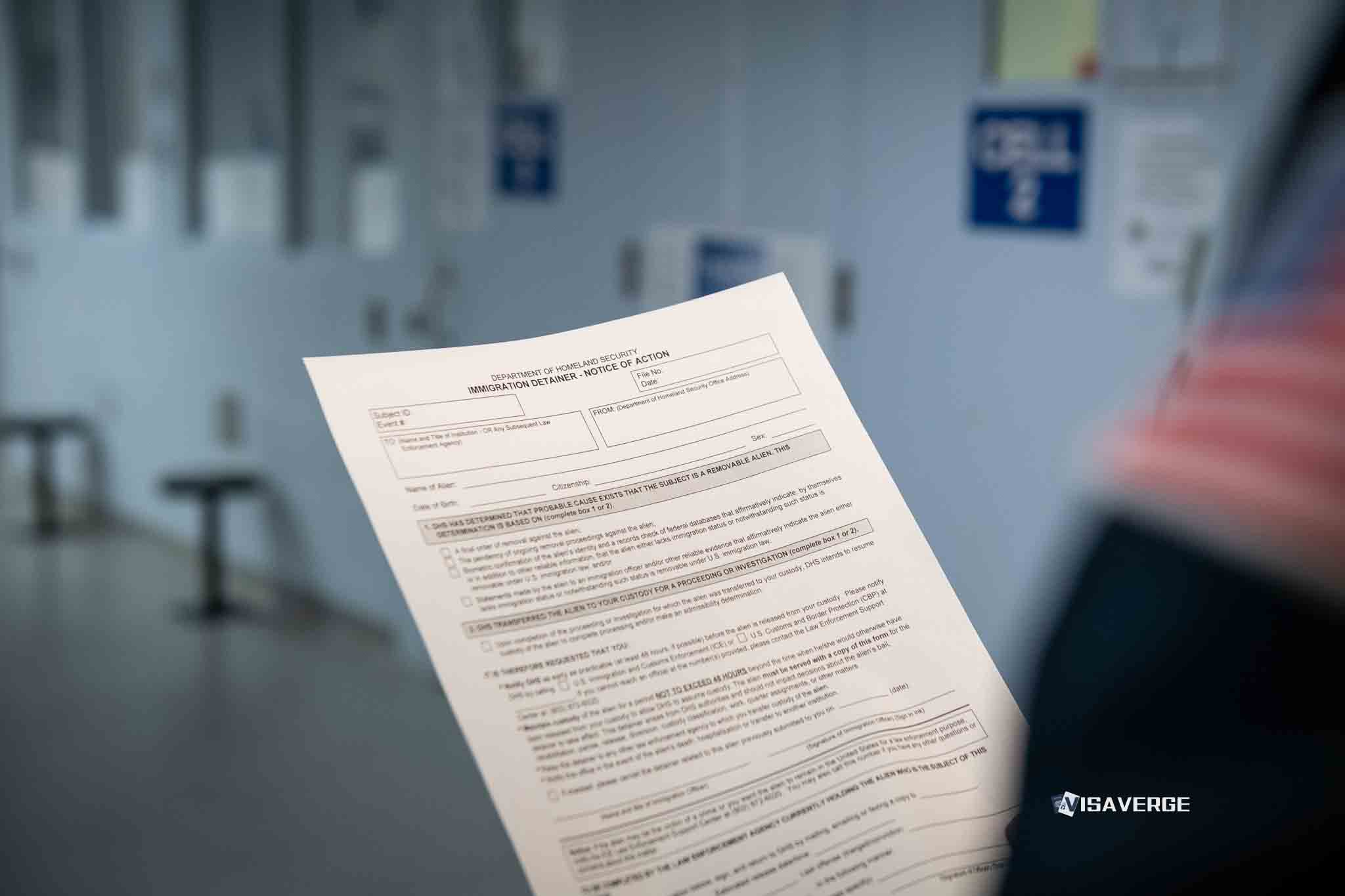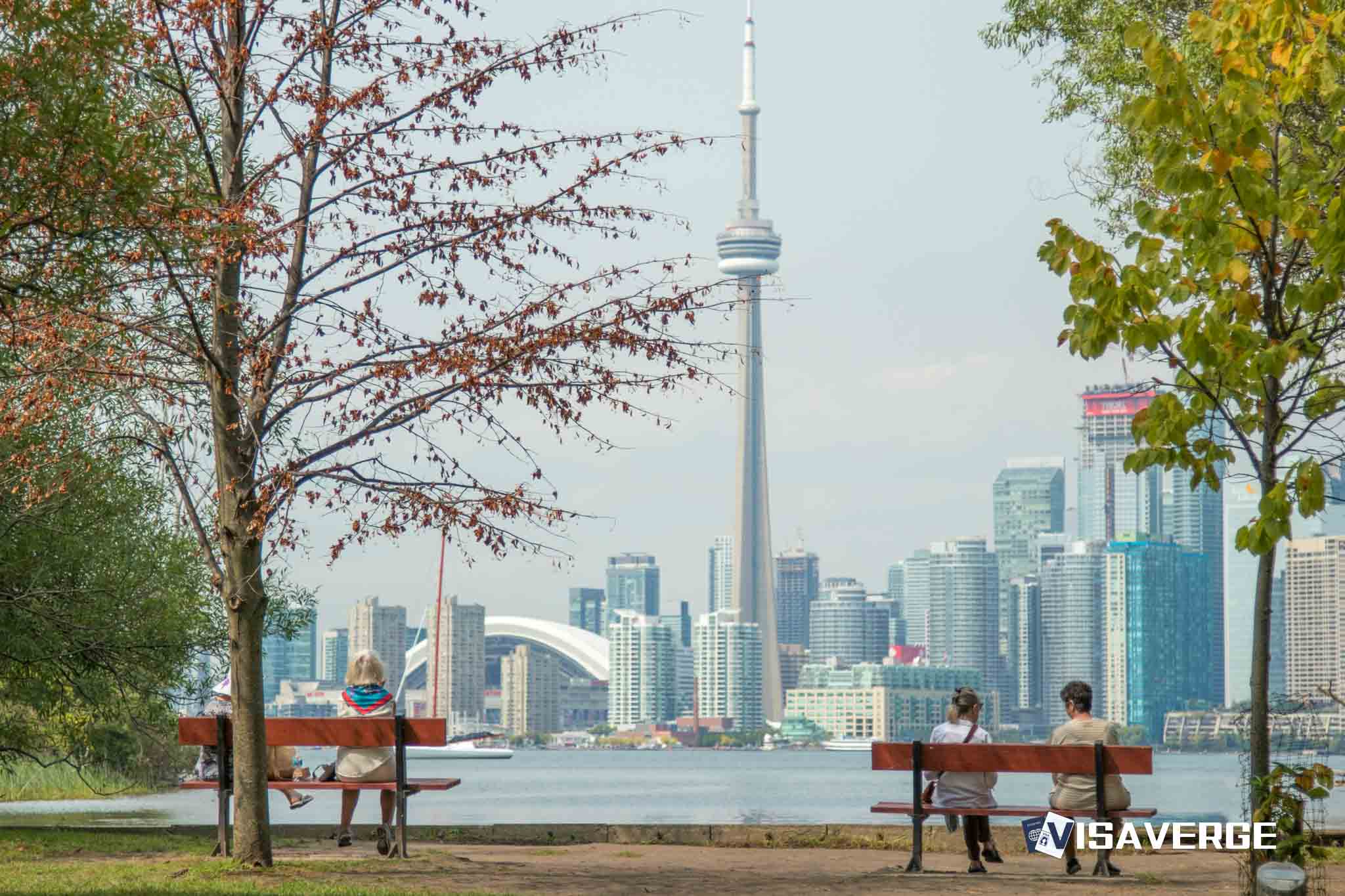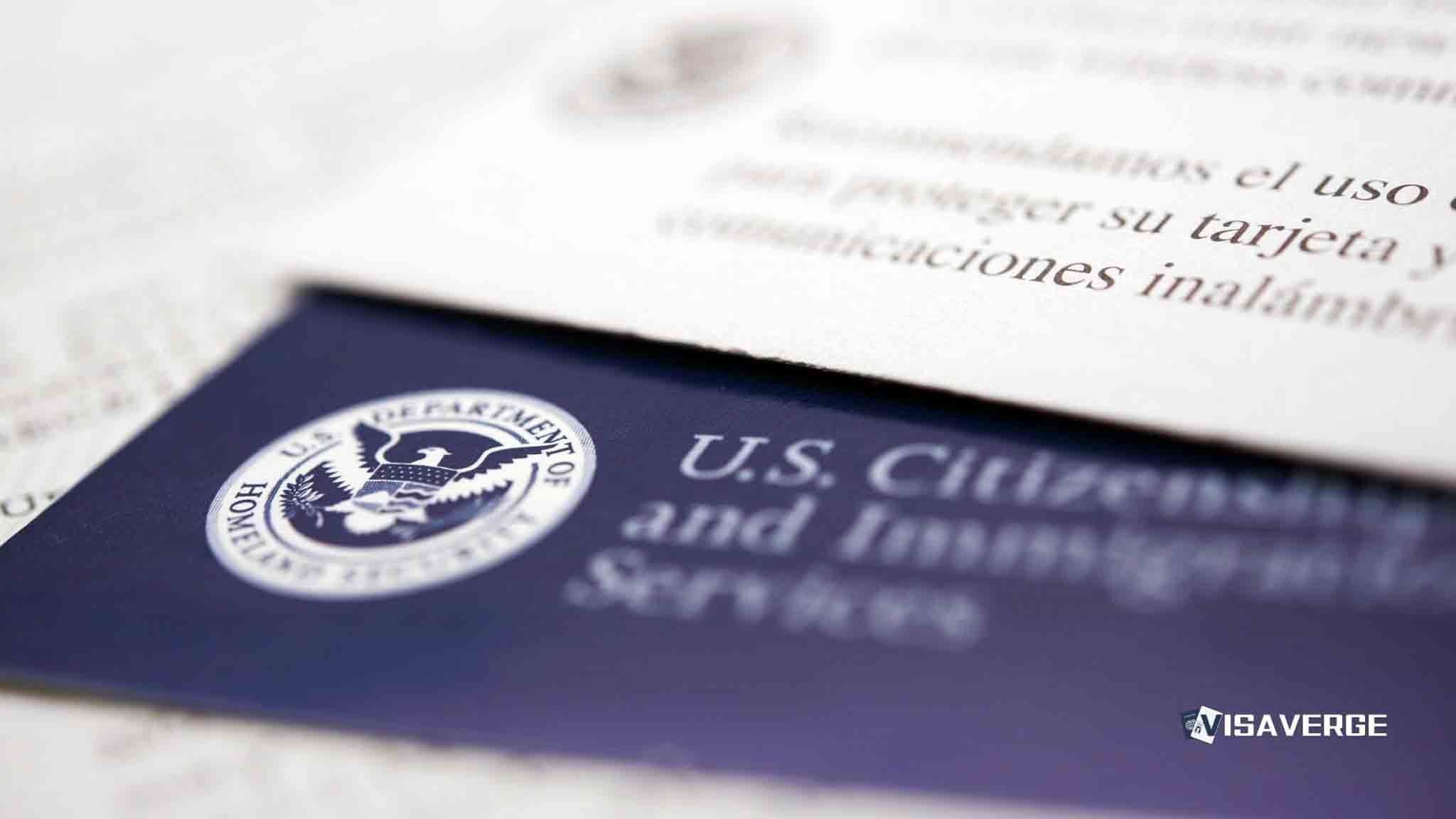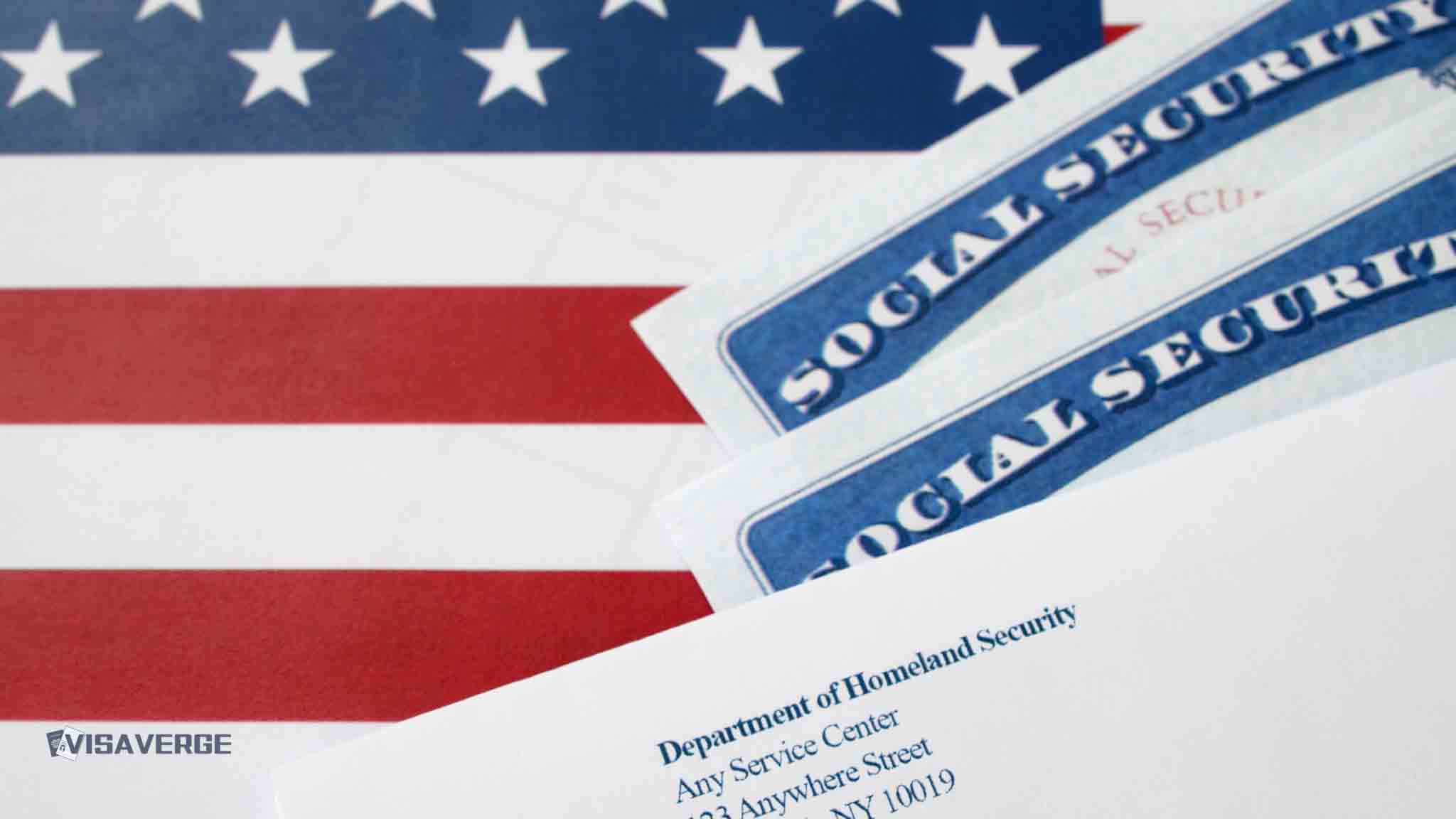The Biden administration’s approach to immigrant benefits came under fresh pressure this week as the Department of Homeland Security (DHS) confirmed it will move ahead in 2025 with a proposed rule that could sharply expand public charge denials of green cards for people who use programs such as SNAP (food assistance) and Medicaid. The draft rule, if finalized, would mark a major shift from the 2022 policy that explicitly protected most non-cash benefits, and it is already raising alarm among immigrant families and service providers across the United States 🇺🇸.
What the proposal would change

Under the proposal, immigration officers would gain broader discretion to treat a wide range of health and social services as negative factors when deciding who is “likely to become primarily dependent on the Government for subsistence.” That standard, taken from long-standing immigration law, has historically focused on cash welfare payments or long-term institutional care.
The new rule would move far beyond that by allowing officers to weigh use of:
- Non-emergency Medicaid
- SNAP (food assistance)
- Housing aid
- Other federal, state, or local social services
This is a significant departure from the 2022 guidance that largely excluded most non-cash benefits from public charge considerations.
Discretion and uncertainty
The Department has indicated it would remove specific lists of which programs count in a public charge review, instead letting DHS decide case by case which benefits might be considered. Advocates warn that:
- This flexibility gives officers wide power.
- It makes it harder for families to know whether visiting a clinic or getting help with rent today could jeopardize a green card application tomorrow.
Current guidance and legal background
Current federal guidance (issued by the Biden administration in 2022) — explained on the official USCIS public charge page — says that most non-cash benefits, including Medicaid (with some exceptions) and SNAP (food assistance), should not be used to deny green cards: https://www.uscis.gov/green-card/green-card-processes-and-procedures/public-charge.
- The 2022 rule followed a fierce legal and political battle over the Trump-era public charge policy, which was rolled back in 2021–2022 after courts blocked it and the administration chose not to defend it.
- The 2025 proposal would reverse that course and again put benefit use at the center of green card risk for many low-income immigrants.
Potential scope and the “chilling effect”
Analysis by VisaVerge.com suggests millions applying for lawful permanent residency could be affected, especially in mixed-status families where some members are U.S. citizens and others are not.
Even before any final rule takes effect, lawyers and community groups expect a strong “chilling effect”:
- Families may quit or avoid programs like SNAP and Medicaid out of fear.
- This can happen even when those programs are the only way to keep food on the table or access necessary medical care (for example, a child’s asthma treatment).
Health and anti-hunger groups warn the chilling effect will likely reach beyond those directly subject to public charge review:
- Parents without legal status often apply for SNAP or Medicaid on behalf of U.S. citizen children.
- Though citizen children are not subject to public charge rules, fear about records of benefit use may lead families to withdraw entirely.
- Consequences can include increased hunger, missed vaccines, untreated chronic illness, and housing instability for citizen children.
Non-benefit factors: health and personal characteristics
The draft rule goes beyond benefits use alone. DHS has signaled that immigration officers could also count certain personal characteristics as negative factors, such as:
- Obesity
- Medical debt
- Other health-related conditions that might suggest future need for support
Advocates argue this introduces subjective judgments about health and poverty into a high-stakes process, potentially harming disabled immigrants and those with serious medical conditions.
Exemptions and who would still be protected
Not all categories would face the tougher standard. DHS has indicated that long-standing exemptions would remain for some of the most vulnerable:
- Refugees
- Asylees
- Applicants under the Violence Against Women Act (VAWA)
- Holders of U and T visas
However, many other pathways to a green card — including sponsorship by a U.S. citizen spouse or employer — could be affected, particularly when applicants have relied on Medicaid or SNAP during periods of low income or illness.
State-level policies vs. federal immigration risk
The proposal arrives while more states are expanding health coverage for low-income residents regardless of immigration status and increasing outreach for nutrition programs. Those state-level moves could now collide with federal immigration risks.
- Because the new rule would allow DHS to consider benefits funded by states, a state-funded health plan or rental subsidy could become a red flag in a green card case.
- Local officials who promoted broader access to care and food assistance may face tough questions from immigrant communities about whether it is safe to sign up.
Legal process and next steps
Important legal and procedural notes:
- The rule is not yet in force.
- DHS has opened a public comment period, allowing advocacy organizations, state governments, health providers, and private citizens to submit feedback.
- After comments, DHS may revise the proposal before issuing a final rule.
- Court challenges are likely, given the intense litigation history around public charge policy.
- For now, the 2022 rule remains binding, and green card applicants are still judged under that more limited standard.
DHS plans a public comment period on the 2025 proposal. Monitor official announcements and submit feedback before the deadline to influence potential changes and protect your eligibility concerns.
On-the-ground reality and fears
Lawyers and community clinics report that fear often spreads faster than official guidance:
- Clients already ask whether using Medicaid for surgery or applying for SNAP after job loss will ruin their chances at permanent residency.
- Many remember the Trump-era debate and are wary of any hint that benefit use will again count as evidence of future dependence.
Policy analysts emphasize the safety net’s role as a short-term lifeline:
- Families commonly turn to SNAP during temporary crises (layoffs, natural disasters, medical emergencies).
- If immigrants fear that such help will count against them, they may delay care, skip meals, or avoid treatment until conditions worsen.
- That behavior can increase costs for hospitals and local governments and raise uncompensated care burdens.
Public health researchers have long argued restricting access to Medicaid and other basic care leads to more emergency room visits and higher uncompensated care.
Key takeaway: The proposed 2025 public charge rule risks deterring vulnerable families from essential health and nutrition programs, with potentially wide public-health and social consequences — even for U.S. citizen children in mixed-status households.
Political debate
As the 2025 proposal advances, the Biden administration faces pressure from multiple sides:
- Advocates for stricter immigration control say the government should not issue green cards to people likely to rely on public support.
- Immigrant rights groups argue the public charge test — especially when it reaches into non-cash help like Medicaid and SNAP — punishes poverty rather than promoting self-sufficiency.
- They contend that tying immigration status to whether a family accepted food or medical help during hard times undermines public health and fairness.
What families are facing now
For many families the choice is stark:
- Keep critical benefits and hope the rule changes again, or
- Step away from programs that feed and protect them to preserve a future chance at a green card
That tension is likely to grow sharper as the 2025 rule moves through the federal process and renews the national debate over how far public charge policy should reach into everyday life.
DHS plans a 2025 proposed rule to expand public charge considerations to include non-cash benefits such as non-emergency Medicaid, SNAP, and housing aid. The draft would remove fixed program lists and give officers broad discretion to weigh benefits use and certain health conditions as negative factors. Advocates warn the change risks a chilling effect, deterring families from essential services and harming public health. The 2022 guidance remains in force while DHS solicits public comments and legal challenges are expected.



